Can boiling water kill weeds? Horticultural experts reveal all
Chemical-free, sustainable solutions for weed control is often high on a gardener’s priority list, so could boiling water be the answer?

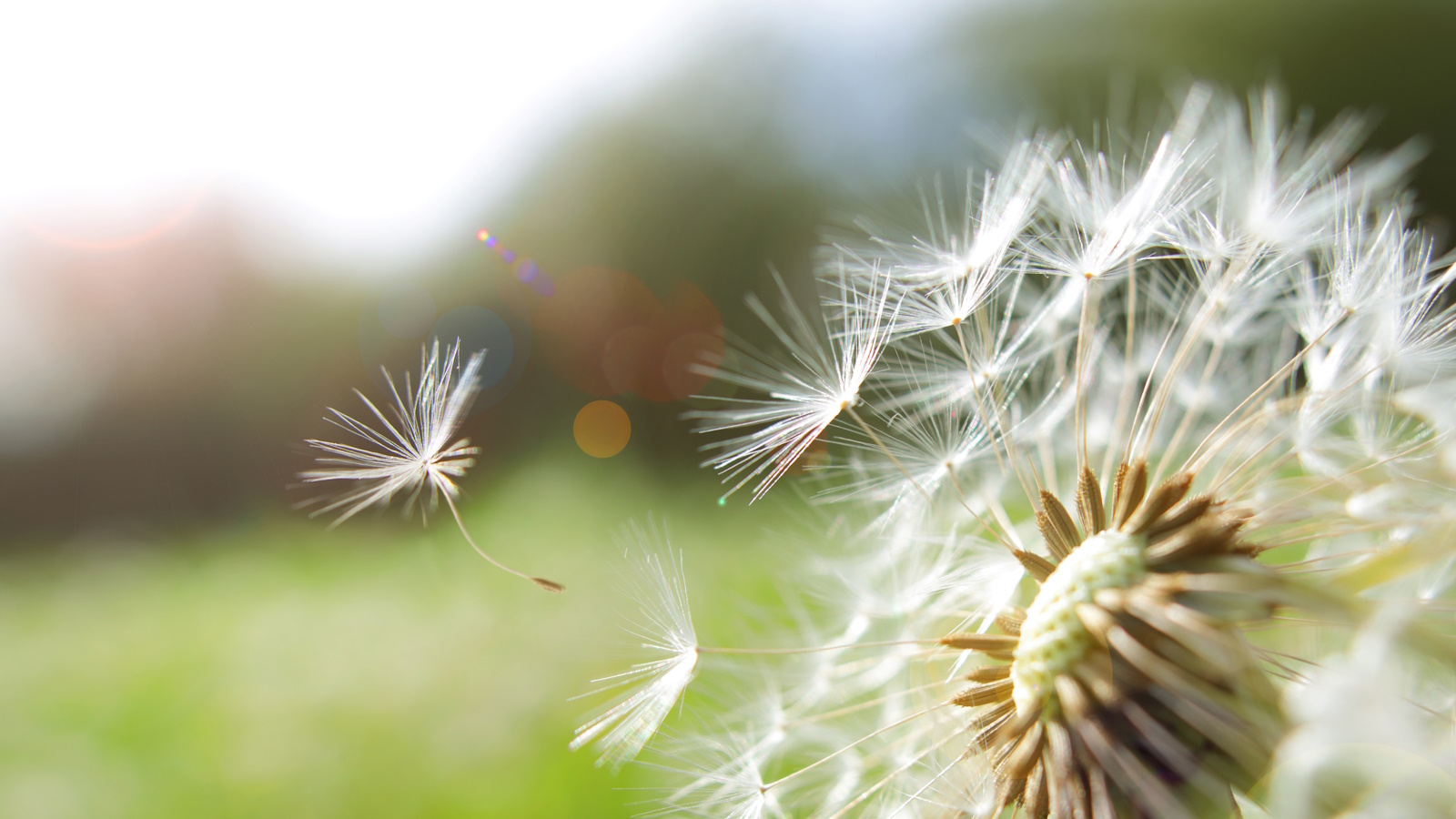
Design expertise in your inbox – from inspiring decorating ideas and beautiful celebrity homes to practical gardening advice and shopping round-ups.
You are now subscribed
Your newsletter sign-up was successful
Want to add more newsletters?

Twice a week
Homes&Gardens
The ultimate interior design resource from the world's leading experts - discover inspiring decorating ideas, color scheming know-how, garden inspiration and shopping expertise.

Once a week
In The Loop from Next In Design
Members of the Next in Design Circle will receive In the Loop, our weekly email filled with trade news, names to know and spotlight moments. Together we’re building a brighter design future.

Twice a week
Cucina
Whether you’re passionate about hosting exquisite dinners, experimenting with culinary trends, or perfecting your kitchen's design with timeless elegance and innovative functionality, this newsletter is here to inspire
Let’s face it, when it comes to getting rid of weeds in our vegetable gardens, flower beds or in between paving slabs, most of us are on a mission to eradicate them for good before they become an overgrown problem.
Rather than turning to chemical herbicides, the majority of gardeners now look to more natural methods of weed control such as vinegar, using baking soda to kill weeds or even vodka.
There are lots of ways to try and help prevent weeds from becoming a problem, including using cardboard, mulch or landscape fabric to smother weeds and hinder new growth, for instance.
But if you haven't managed any preventative steps, or the weeds have simply overtaken an area of your yard, you may need a fast solution.
To this end, you might have heard that the simple act of boiling a kettle and pouring scalding water onto weeds is an effective method of weed control, but does it really work? We asked the experts to find out.
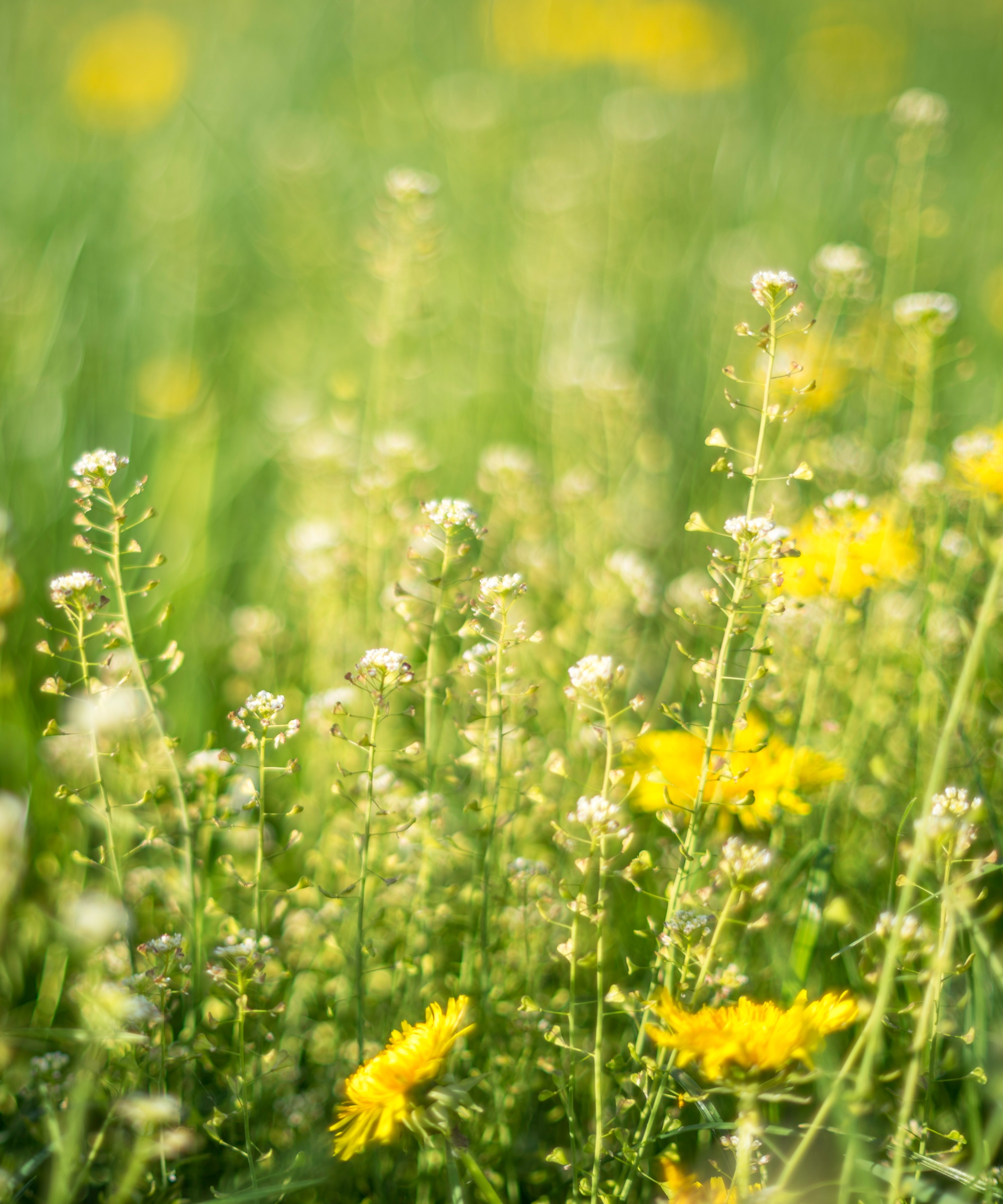
Does boiling water kill weeds?
According to gardening experts, boiling water will kill the part of the weed it comes into contact with, potentially making it easier to dig up and remove, but it won't get down to the root. This means if you don't dig it up entirely, the weed is likely to come back.
Jamie Mitri, an environmental engineer and founder of Moss Pure, affirms pouring boiling water over weeds will not completely kill them.
Design expertise in your inbox – from inspiring decorating ideas and beautiful celebrity homes to practical gardening advice and shopping round-ups.
‘The higher temperature water will temporarily damage the weeds, but this won't be enough to 100% kill the weed's roots and the weeds will grow back,' she says.
Is boiling water a good idea for weed control?
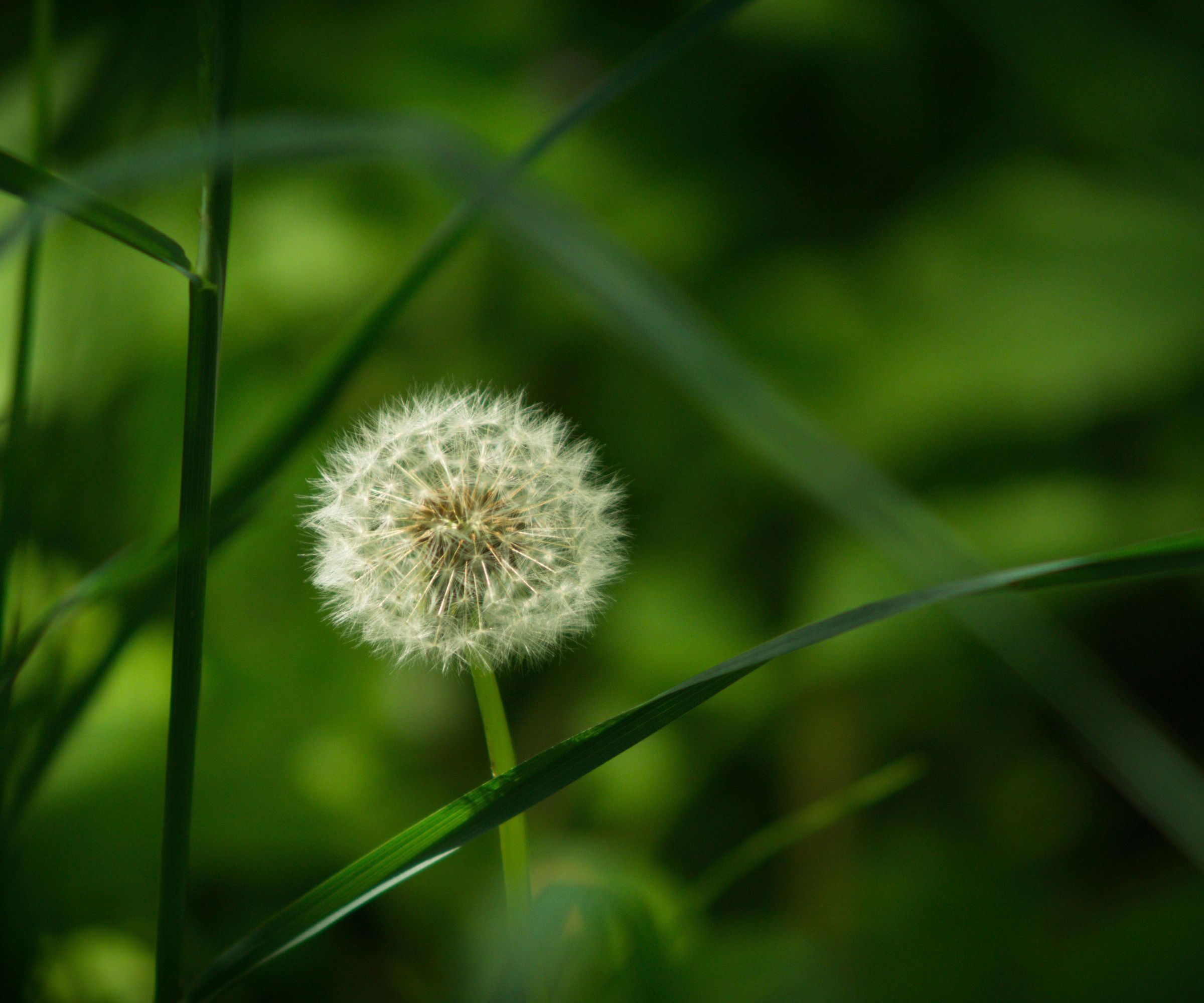
'Pouring boiling water on weeds may be a potentially successful way to kill the youngest of weeds, or particularly weak weeds, but it is not going to have much of an effect on older weeds - especially ones with tap roots - and isn't a method I would really recommend,' says Drew Swainston, content editor at H&G and former professional gardener.
'It may look from the surface like you have eradicated older weeds shortly after dousing them with boiling water. The truth is you have not killed them, you may have scalded it and damaged them, but the plant’s roots will not have been affected.
'Perennial, established, and weeds with taproots will continue to stay alive under the surface and merely just shoot again in the near future,' he says.
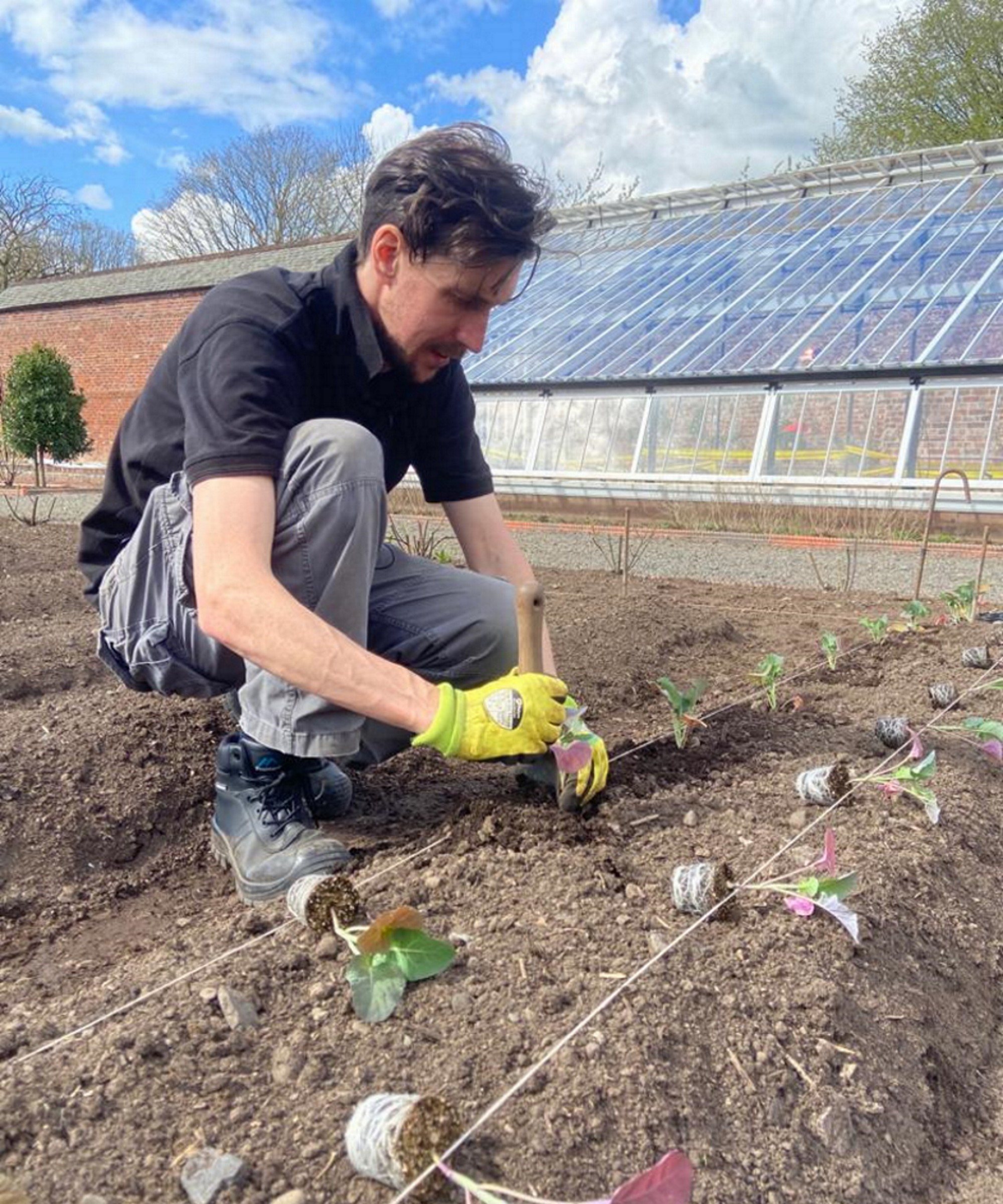
Drew qualified as a journalist and wrote for many websites and publications, before studying for a horticulture qualification. He worked as a professional gardener for several years, specializing in kitchen gardening. He's now bringing his expertise and passion to Homes & Gardens as a member of our team.

Jamie is the founder and CEO of Moss Pure, a start-up created in June 2020 at the MIT Lebanon Challenge, where it won first place in the health, energy, and waste management track. Jamie is an environmental engineer.
Other potential pitfalls of using boiling water on weeds
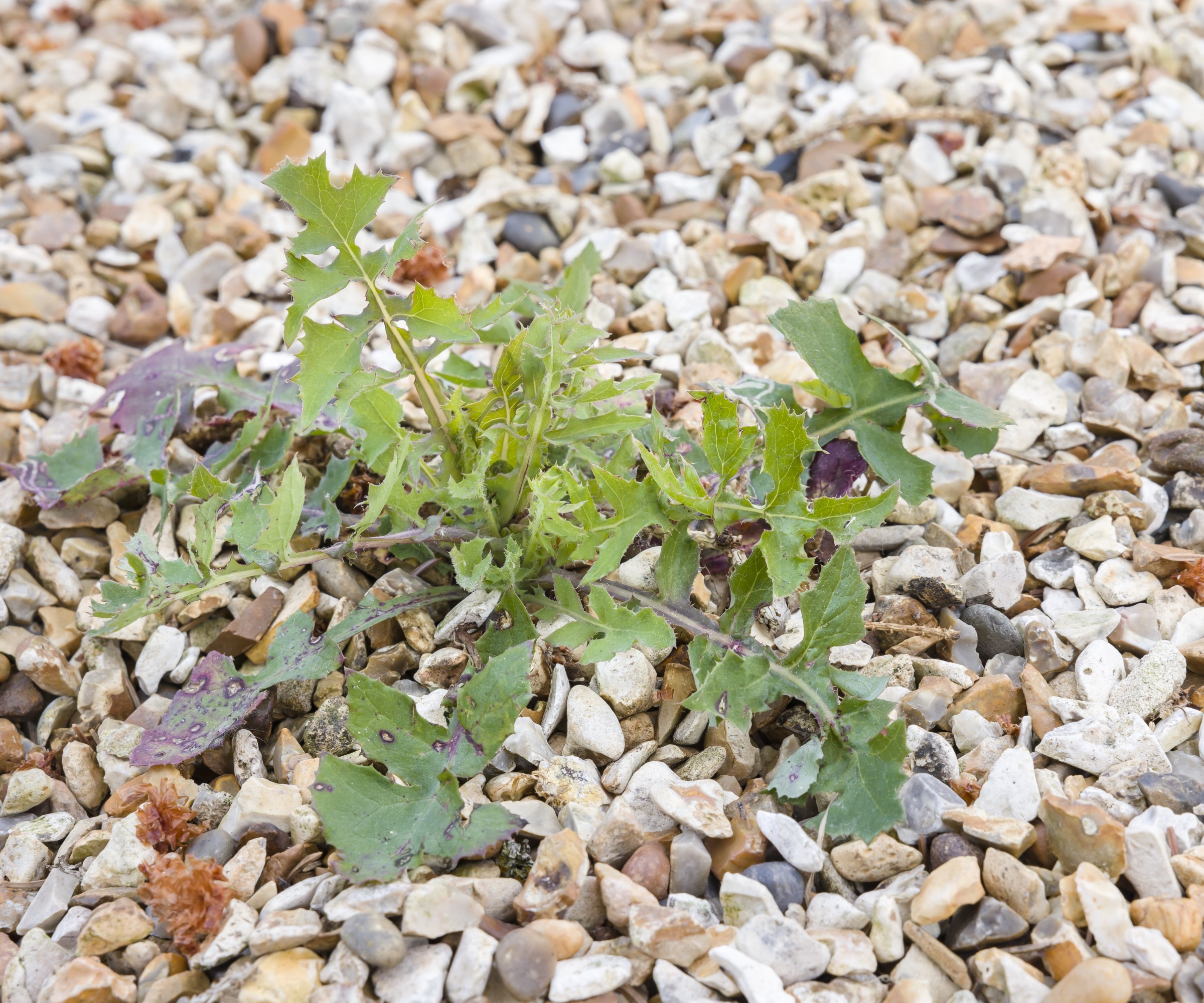
There are other potential downsides to attempting the boiling water technique. You risk damaging the soil health and any other plants or lawn in the vicinity. There is also the obvious health and safety risk of burning yourself - which would not be a risk worth taking.
'As well as potentially damaging soil or plants in the nearby area, higher temperature water may also cause mold or fungal growth in surrounding soil if you are planting anything near the area where the weeds are located,’ adds Jamie Mitri.
The best method for natural weed control
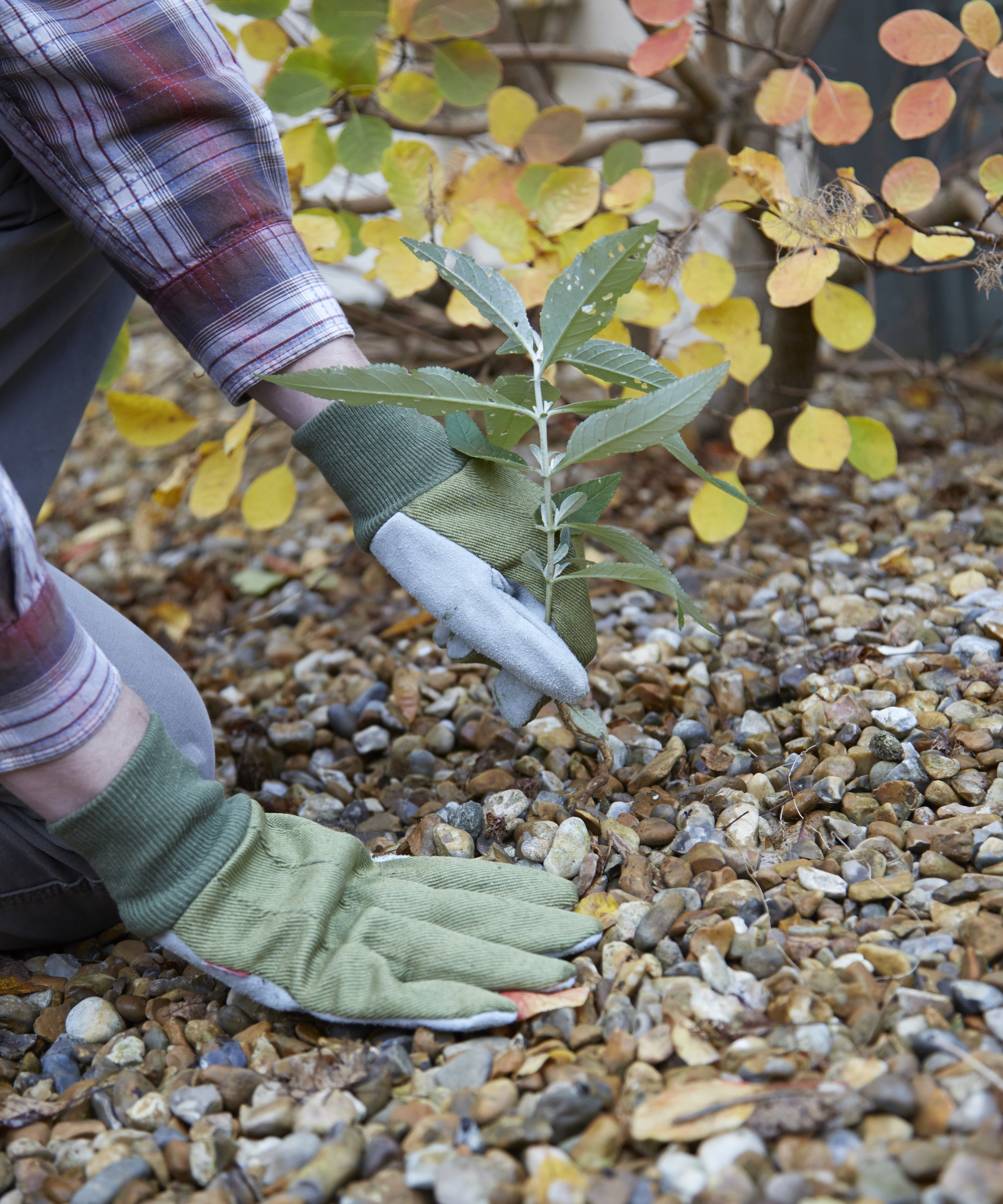
The best way to get rid of weeds without resorting to chemicals is always going to be to remove them by hand.
You may wish to use boiling water with care as a starting point, to perhaps help with badly congested patches, but digging out those roots is always going to be the solution.
As Drew Swainston explains: 'Yes, it may be time consuming. Yes, it may not be an exciting task. But the reality is that by being diligent and removing all of the roots you will prevent weeds from resprouting again.'
FAQs
How effective is vinegar at killing weeds?
Vinegar can kill weeds as it contains acetic acid, which can be an effective natural herbicide. You may need to invest in some stronger horticultural vinegar to tackle tough perennial weeds, however, as regular household vinegar might only be effective on younger weeds.
Controlling weeds is a constant battle for us gardeners, but by using a combination of natural preventative methods, and remembering the value of digging out those roots, they shouldn't become too hard to handle.

Rachel is a gardening editor, floral designer, flower grower and gardener. Her journalism career began on Country Living magazine, sparking a love of container gardening and wild planting. After several years as editor of floral art magazine The Flower Arranger, Rachel became a floral designer and stylist, before joining Homes & Gardens in 2023. She writes and presents the brand's weekly gardening and floristry social series Petals & Roots. An expert in cut flowers, she is particularly interested in sustainable gardening methods and growing flowers and herbs for wellbeing. Last summer, she was invited to Singapore to learn about the nation state's ambitious plan to create a city in nature, discovering a world of tropical planting and visionary urban horticulture.